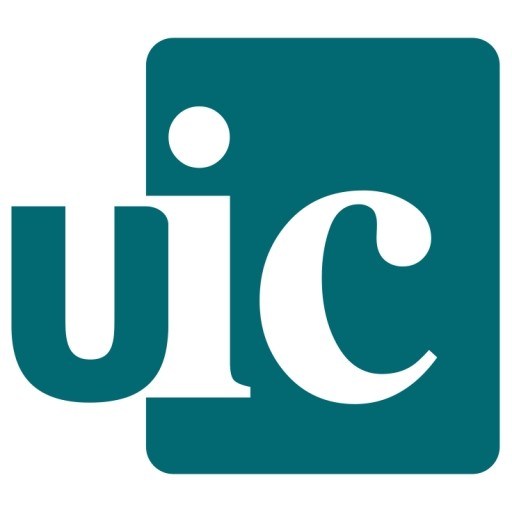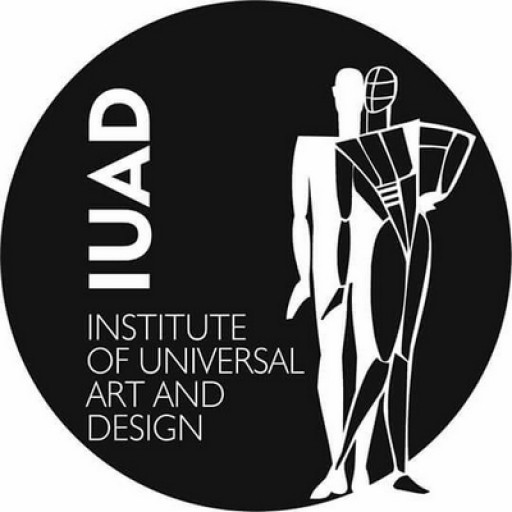Photos of university / #uofpenn
The Communication program at the University of Pennsylvania offers students a comprehensive and interdisciplinary education designed to explore the diverse ways in which human beings create, transmit, and interpret information across various media and contexts. This program provides a robust foundation in the theoretical and practical aspects of communication, encompassing areas such as media studies, rhetoric, journalism, and interpersonal communication. Students will engage with critical analysis of mass media, develop effective communication skills, and understand the social, cultural, and technological shifts shaping contemporary communication landscapes. The curriculum combines coursework in communication theory, media production, research methods, and electives tailored to individual interests, allowing students to customize their educational experience. Through hands-on projects, internships, and research opportunities, students gain real-world skills applicable to careers in media, public relations, advertising, digital communication, and beyond. The faculty comprises scholars and practitioners dedicated to fostering innovative thinking and effective communication strategies. Graduates of the program will be well-equipped to navigate and influence an increasingly interconnected and media-driven world, equipped with the critical thinking, analytical abilities, and practical skills necessary for success in diverse fields. Whether aiming for careers in media, corporate communication, or further academic pursuits, students in the University of Pennsylvania’s Communication program will benefit from a rigorous academic environment, extensive resources, and a vibrant community committed to exploring the power and impact of effective communication in society.
The Communication program at the University of Pennsylvania offers a comprehensive and interdisciplinary curriculum designed to explore the fundamental aspects of human communication across various contexts. Students engage with a diverse array of topics, including interpersonal communication, media studies, rhetoric, organizational communication, and digital media. The program emphasizes critical thinking, analytical skills, and the ability to evaluate the role of communication in shaping society, culture, and individual identities. Through a combination of theoretical coursework and practical applications, students develop a deep understanding of how messages are created, interpreted, and influence audiences in different settings.
The curriculum is structured to promote both breadth and depth of knowledge. Foundational courses introduce students to key concepts in communication theory, research methods, and historical perspectives. Advanced courses allow for specialization in areas such as political communication, health communication, interpersonal relationships, or media production. The program encourages experiential learning through projects, research, internships, and collaborations with industry partners, providing students with real-world skills and professional experience.
Faculty members are renowned scholars and practitioners dedicated to fostering an environment of inquiry and innovation. They guide students in developing their analytical, writing, and oral communication skills, preparing them for careers across diverse fields such as media, public relations, marketing, politics, education, and nonprofit organizations. The program also emphasizes ethical considerations in communication practices and the importance of understanding communication's impact on society and individual well-being.
Students have access to state-of-the-art facilities, including media labs and research centers, supporting their academic and creative pursuits. The university’s vibrant campus community and extensive alumni network offer valuable opportunities for networking and career development. Graduates of the Communication program are well-equipped to critically analyze communication phenomena, create effective messages, and lead initiatives that foster understanding and engagement in an increasingly interconnected world.
The Communication program at the University of Pennsylvania requires students to complete a total of 10 courses to earn the Bachelor of Arts degree. The core curriculum includes foundational courses such as "Introduction to Communication" which explores the fundamental theories and principles of communication processes across different contexts. Students must also take specialized seminars like "Communication and Media," which examines the influence of media on society, and "Interpersonal Communication," focusing on one-on-one and small group interactions.
In addition to these core courses, students are encouraged to pursue electives aligned with their interests within the field, including topics like digital media, health communication, political communication, and organizational communication. A key component of the program is a research methods course that equips students with the skills necessary to conduct empirical studies in communication sciences.
Students are also required to complete a capstone project, which involves independent research or a practical application in the field of communication, often presented in the form of a thesis or a comprehensive portfolio. To enhance their career readiness, students may participate in internships, which the university facilitates through partnerships with media organizations, nonprofits, and corporations.
The program emphasizes interdisciplinary learning and encourages students to take courses in related departments such as psychology, sociology, and political science to deepen their understanding of communication's role in various social systems. The university also promotes experiential learning through participation in student media outlets, communication workshops, and conferences. Overall, the Communication undergraduate program at the University of Pennsylvania is designed to develop critical thinking, research skills, and practical knowledge to prepare students for careers in media, public relations, advertising, corporate communication, and academia.
The University of Pennsylvania offers multiple financing options for students enrolled in their Communication programs. Undergraduate students have access to a variety of sources of financial aid, including federal and state grants, loans, scholarships, and work-study opportunities. The primary financial support for undergraduates comes through the Free Application for Federal Student Aid (FAFSA), which allows eligible students to receive need-based grants such as the Federal Pell Grant, as well as federal student loans with favorable interest rates and repayment options. In addition to federal aid, the university provides institutional scholarships based on merit and financial need, awarded directly by the Office of Undergraduate Financial Support. These scholarships may be renewable annually, provided the student maintains required academic standards.
Graduate students pursuing Communication degrees can benefit from fellowships, research assistantships, teaching assistantships, and specific departmental scholarships. Fellowships often cover full or partial tuition and provide stipends to support living expenses. Research and teaching assistantships not only provide financial support but also offer valuable professional experience and networking opportunities within the university community. The university’s Office of Finance and Administration advises students on applying for external funding sources such as private scholarships from foundations, corporations, and government agencies.
Penn also encourages students to explore external private loans if other sources of funding are insufficient. These loans are typically credit-based and can be used to cover remaining tuition and living costs. The university’s financial aid offices offer counseling services to help students understand the terms and repayment obligations of any borrowed funds. Additionally, students are advised to monitor deadlines and maintain satisfactory academic progress to remain eligible for continuing aid.
Many students leverage work-study programs which allow part-time employment on campus, helping offset expenses while gaining professional experience. The university’s financial aid policies emphasize transparency, affordability, and support, with the aim of making a Communication degree accessible to students from diverse economic backgrounds. Overall, Penn’s comprehensive financing strategies include federal, state, institutional, and external sources, tailored to meet the needs of both undergraduate and graduate students pursuing Communication studies.
The Communication program at the University of Pennsylvania is a comprehensive undergraduate major designed to provide students with a broad understanding of the fundamental processes of human communication. This program explores a variety of communication forms, including interpersonal, organizational, mass media, and digital communication, equipping students with the skills to analyze and interpret communication phenomena in diverse contexts. The curriculum emphasizes both theoretical foundations and practical applications, allowing students to develop critical thinking and effective communication skills necessary for careers in media, advertising, public relations, journalism, and other related fields. Students have the opportunity to engage in interdisciplinary coursework, drawing on insights from psychology, sociology, history, and the arts to deepen their understanding of communication processes. The program often includes opportunities for research, internships, and experiential learning, enabling students to apply their knowledge in real-world settings. Faculty members are distinguished researchers and practitioners dedicated to advancing the field of communication. The program may also offer specialized tracks or minors, such as Media and Politics or Strategic Communication, allowing students to tailor their academic experience to their interests and career goals. Graduates from the program have gone on to successful careers across various industries, demonstrating the program’s relevance and adaptability in a rapidly changing media landscape. The department emphasizes a collaborative learning environment, fostering creativity and innovation. Students are encouraged to participate in seminars, workshops, and conferences related to current developments in communication studies. Overall, the Communication program at the University of Pennsylvania aims to produce well-rounded, critically engaged graduates equipped with the knowledge and skills to excel in the dynamic field of communication.









